Join us as screenwriter, playwright and poet Andrew Wreggitt will lecture about his career spanning thirty years in the television and media industry. With more than 90 hours of produced network television, five books of poetry and five plays to his credit, as well as numerous awards and nominations. Raised in Fraser Lake, British Columbia, a northern mining town, Andrew attended the University of British Columbia and completed a Masters Degree in Creative Writing at UBC in 1982.
He did a variety of jobs as a young man, working on a railroad section gang, in an open pit mine on the blasting and millwright crews, as a shipper/receiver, cook, salesman and racquet club manager. At the same time, he wrote poetry and published five books, winning awards such as the CBC National Literary Competition (Southeasterly) and the Writers Guild of Alberta Stephan Stephanson Poetry Prize (Making Movies). He also wrote radio plays for CBC, short stories, book reviews, advertising and even political pamphlets during one particular election campaign.
Andrew’s film and television writing career began with an episode of the iconic Canadian television series The Beachcombers while he was still a creative writing student at the University of British Columbia. Since then Andrew has created, produced and written for television series such as North of 60; Black Harbour; Tom Stone (Stone Under Cover); Flashpoint; and Heartland; and has written or co-written feature films and tv movies such as the Emmy-Award winning The Phantoms; One Dead Indian; Shades of Black: The Conrad Black Story; Sticks and Stones; Mayerthorpe (Menace); Grapes of Wrath: The Don Cherry Story; Jack: The Jack Layton Story; Borealis (Survival Code); and Corner Gas: The Movie.
As a playwright Andrew has co-written several plays with his wife Rebecca Shaw. Their play The Wild Guyspremiered at Lunchbox Theatre (Calgary) and the Arts Club Theatre (Vancouver) in 1992, won the Canadian National Playwriting Competition and has been produced worldwide ever since. It’s been translated into French twice, turned into a feature film and as of 2014 has had more than 100 professional productions.
This is a special, one-time event, free and open to the public, including students and faculty from post-secondary film programs across the Lower Mainland. Andrew Wreggitt will speak for thirty minutes followed by a question and answer session with the audience. As the community outreach component of Mr. Wreggitt’s visit to UBC as Writer-in-Residence, this event supplements in-house, classroom sessions with students in the Creative Writing Program. The webcast recording created will be accessed by Creating Writing students, faculty, and alumni, the broader UBC community, and also the general public. This event meets UBC’s core commitments to student learning, research excellence, and community and alumni engagement, promoting the interdisciplinary, public dialogue on contemporary creative work of artistic, cultural and societal relevance, and actively invites student, alumni and community participation.
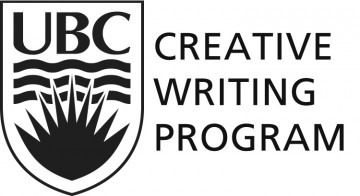

January 28, 2015; 7.00-8.00pm at Victoria Learning Theatre (Rm 182) of the Irving K. Barber Learning Centre.

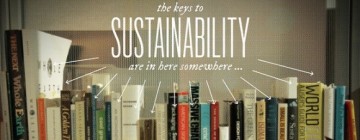
 Since 1965, the American Association of University Publishers (AAUP) Book, Jacket, and Journal Show has had a mission to honour and instruct: honouring the design and production teams whose work furthers a long tradition of excellence in book design, and—through a traveling exhibit and acclaimed annual catalog of selected entries—visually teaching the tenets of good design.
Since 1965, the American Association of University Publishers (AAUP) Book, Jacket, and Journal Show has had a mission to honour and instruct: honouring the design and production teams whose work furthers a long tradition of excellence in book design, and—through a traveling exhibit and acclaimed annual catalog of selected entries—visually teaching the tenets of good design.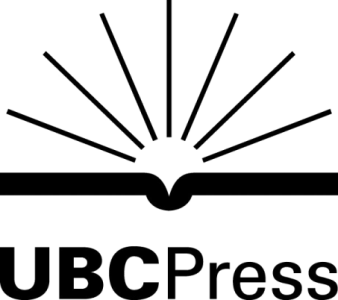
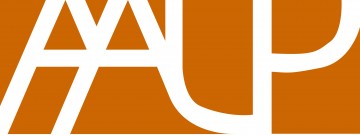
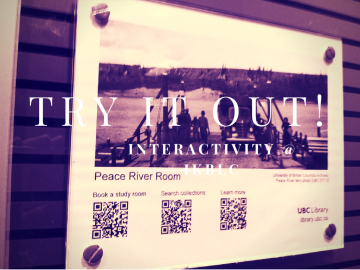 Visitors to the Irving K. Barber Learning Centre (IKBLC) have long enjoyed the ties to B.C. – from the design to the place names used throughout the building.
Visitors to the Irving K. Barber Learning Centre (IKBLC) have long enjoyed the ties to B.C. – from the design to the place names used throughout the building.
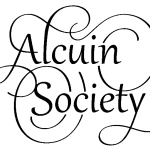 Since 1981, the
Since 1981, the 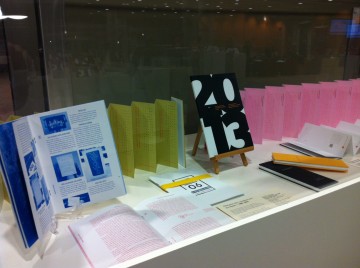 he Alcuin Society focuses on three primary areas of activity that connect like-minded individuals and promote the finest in Canadian book design:
he Alcuin Society focuses on three primary areas of activity that connect like-minded individuals and promote the finest in Canadian book design: